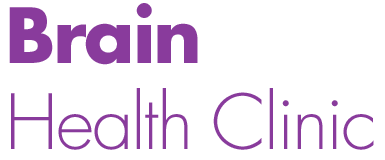
Neuroscientists are constantly looking for novel applications of treatments that are effective for regulating disorders with known neurological components. One such area of dysfunction is the broad spectrum of eating disorders that affect people across a range of ages. Initial studies on this subject are encouraging for both neurofeedback practitioners and their patients.
Eating disorders are often successfully treated via traditional psychological therapies. For some patients, however, such techniques prove ineffective. It is these persons that are of particular interest to neurofeedback researchers, as they look to provide a solution for a potentially life-threatening mental health problem.
Looking at recent reports, a 2017 review study from King’s College in London demonstrated that neurofeedback improves the circumstances of patients with anorexia. At that time, the researchers noted 21 additional ongoing studies involving neural stimulation therapies for eating disorders. Given that past studies were promising, they expressed confidence that more good news was due to come.
This 2017 report was followed up by a 2018 systematic review from Spanish and Australian scientists that examined fifty different studies of neuromodulation techniques applied to eating disorders. In this review they found particular value in the use of brain stimulation therapy for reducing unhealthy eating and cravings in people with obesity. Here too they stated that neuromodulation was “a promising approach.”
Finally, a 2019 study brought together Chinese and American researchers to review 48 experiments involving more than 1000 patients with various eating disorders. The primary focus of these researchers was whether single-session therapy or multi-session therapy was more effective for producing positive results. Their conclusion was that a multi-session approach was the best way to address eating disorders via therapies using brain stimulation, with evidence of greater benefits.
If you would like to have a free consultation to discuss whether the Brain Health Clinic can assist you to overcome an eating disorder, please contact us by phone or online for personal, caring assistance.
